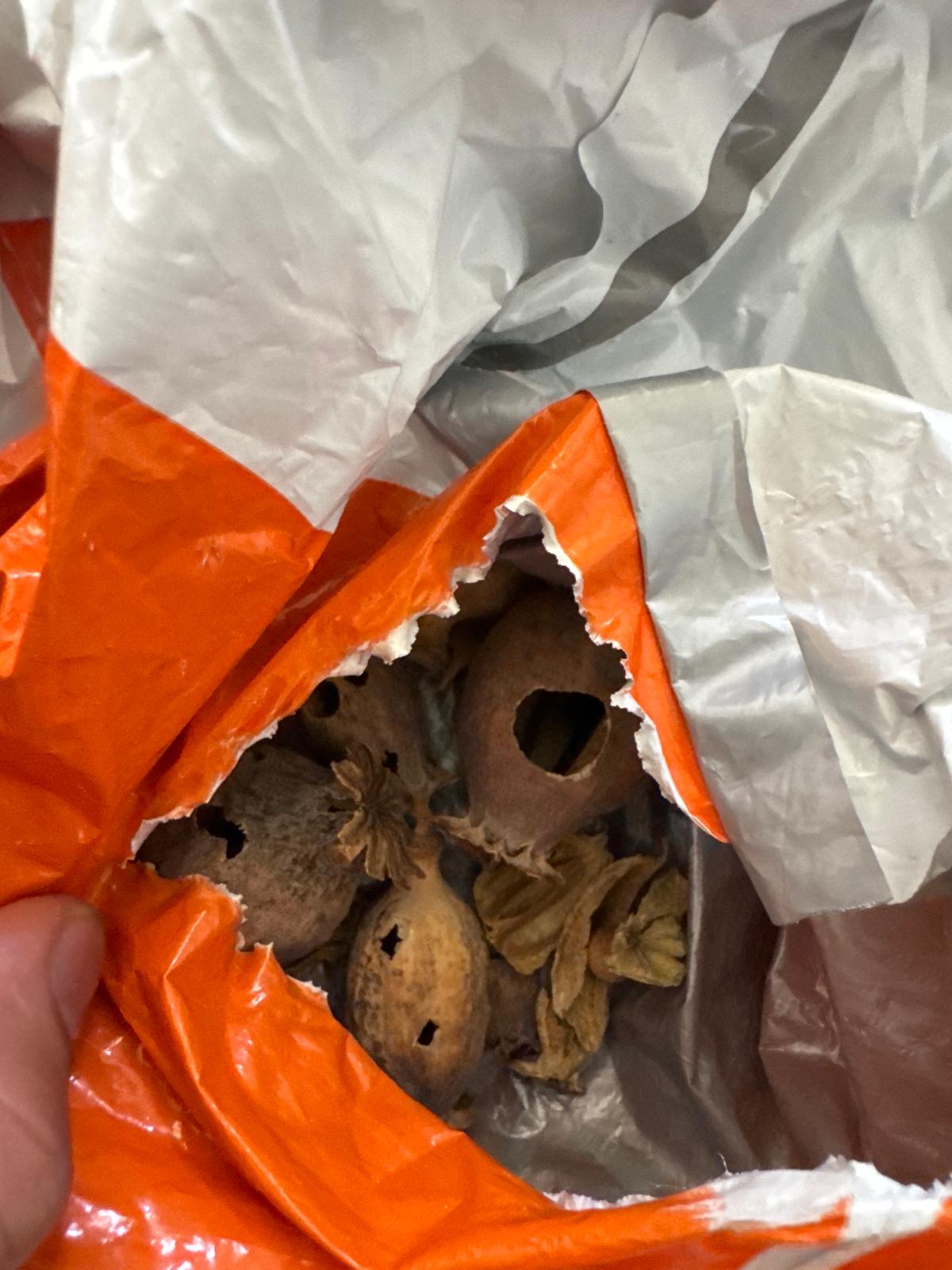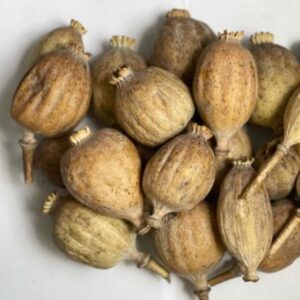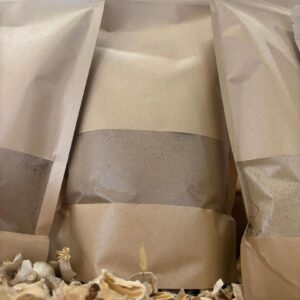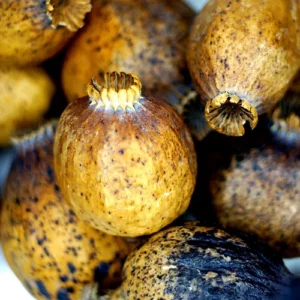Spanish Poppy Pods
Spanish poppy pod, the world of dried botanicals includes a wide variety of plant materials valued for decorative, educational, and craft purposes. Among these, the **Spanish poppy pod** represents a specific botanical specimen often discussed in niche circles. While marketplaces like **driedpoppypod.com** may feature such items, understanding their true nature—from botanical classification to legal status—is crucial for anyone encountering them. This overview provides an objective look at Spanish poppy pods, emphasizing their characteristics, origins, and important considerations.
Botanical Background and Origin
The term “Spanish poppy pod” generally refers to the dried seed heads of the *Papaver somniferum* L. plant cultivated in Spain. Like other regional varieties, these pods develop after the plant’s vibrant blooms wither, serving as the vessel for the plant’s seeds. Spain, with its Mediterranean climate, provides suitable growing conditions for this particular poppy variety, which has been historically cultivated both for its seeds and for licensed alkaloid production.
**Physical Characteristics:**
Spanish poppy pods are often noted for their distinct structural features:
– **Size and Shape:** They typically present a medium to large size with a classic globular or slightly elongated shape, often displaying a prominent stigmatic crown.
– **Color and Texture:** When properly dried, they exhibit an earthy brown or tan coloration with a hard, woody texture that ensures preservation.
– **Comparison:** Some botanical enthusiasts note that Spanish varieties may differ slightly in wall thickness and crown structure compared to pods from Turkey or other regions, though these are subtle distinctions relevant primarily to botanical study.
Historical and Agricultural Context
Poppy cultivation on the Iberian Peninsula has historical roots, with Spain maintaining regulated production systems similar to other EU nations. Spanish agriculture permits licensed cultivation of *Papaver somniferum* primarily for two purposes: culinary poppy seed production and pharmaceutical alkaloid extraction under strict government supervision. This dual approach demonstrates how a plant with complex properties can be managed within legal agricultural frameworks.
Legal Status and Important Considerations
The legal landscape surrounding poppy pods remains consistent across most Western nations:
– **Material Classification:** While the seeds themselves are legal for culinary use when properly processed, the pod material (straw) is classified as a controlled substance in many countries, including the United States and throughout the European Union.
– **Regulatory Framework:** Despite any claims regarding “decorative use” or “craft purposes,” law enforcement agencies recognize the pod material itself as controlled due to its alkaloid content.
– **Enforcement Reality:** Purchasing, possessing, or distributing these pods outside licensed agricultural or pharmaceutical channels may carry significant legal consequences regardless of the buyer’s stated intent.
Safety and Ethical Considerations
Beyond legal implications, several important safety factors deserve attention:
– **Variable Composition:** The alkaloid content in any poppy pod can vary dramatically based on growing conditions, genetics, and harvesting methods, making any non-professional handling potentially hazardous.
– **Educational Purpose:** Legitimate interest in Spanish poppy pods should focus on their botanical characteristics, agricultural role, or historical significance rather than any form of consumption or extraction.
– **Alternative Applications:** In legitimate contexts, dried pods might be used by floral designers, botanical educators, or historical reenactors who understand and comply with applicable regulations.





Reviews
There are no reviews yet.